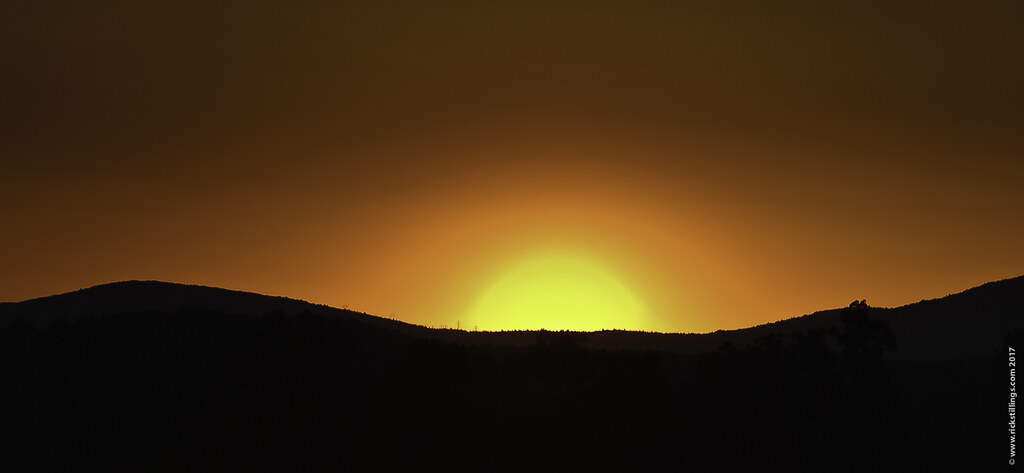
2021 Summer Solstice Playlist
To celebrate the summer solstice, we at WSF offer this baker’s dozen group of songs about summer.
There is no historical or geographical limit on what can be covered. There is no restriction on the style or genre of song or singing.
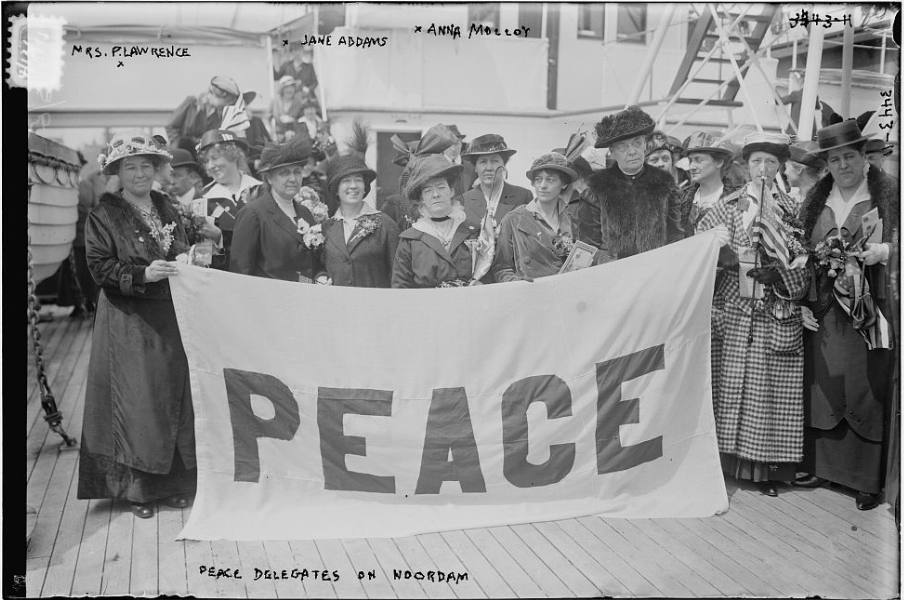
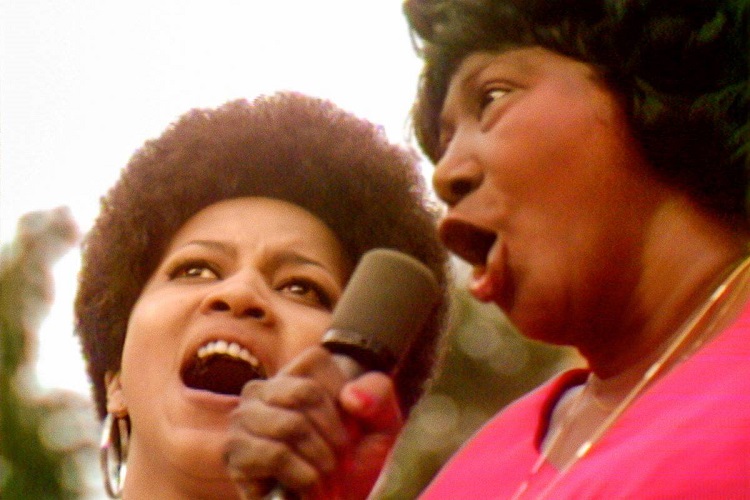

To celebrate the summer solstice, we at WSF offer this baker’s dozen group of songs about summer.

American women in peace organizations active between the two World Wars sought to transform the culture that glorified war. Elisabeth Johnson was one of them.
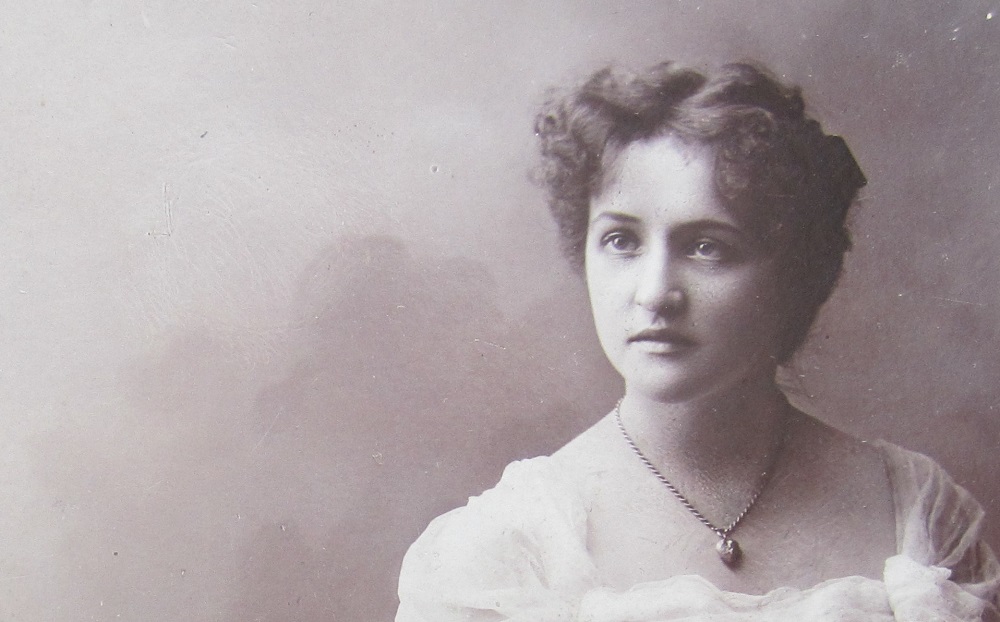
“My friend, Maja Strozzi, perhaps the most beautiful voice of both hemispheres.” Thomas Mann (Doctor Faustus, chapter 37)

This post, the first episode in my new podcast, discusses Maya Angelou’s poem “Phenomenal Woman” and a powerful setting of it by Farayi Malek.
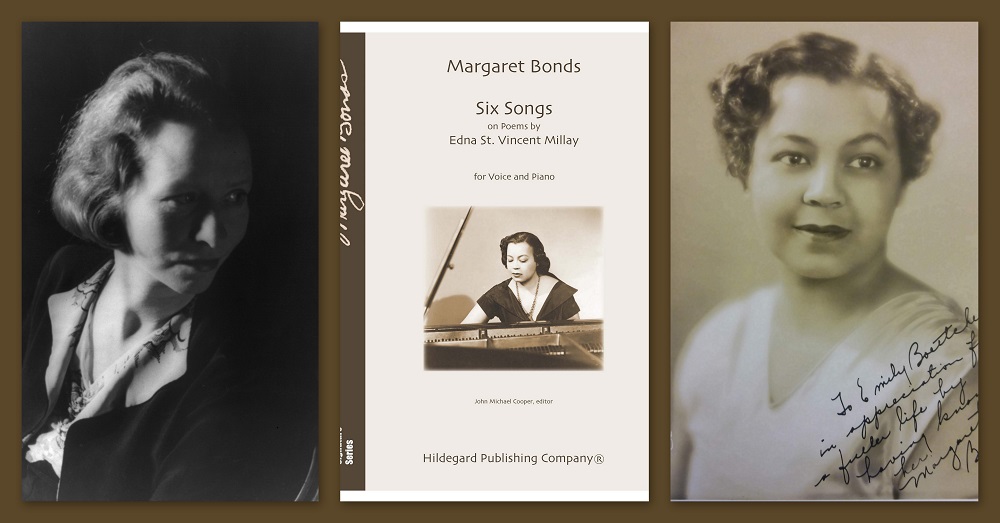
John Michael Cooper returns to Margaret Bonds and Edna St. Vincent Millay to discuss a song cycle about the rebirth of female identity.
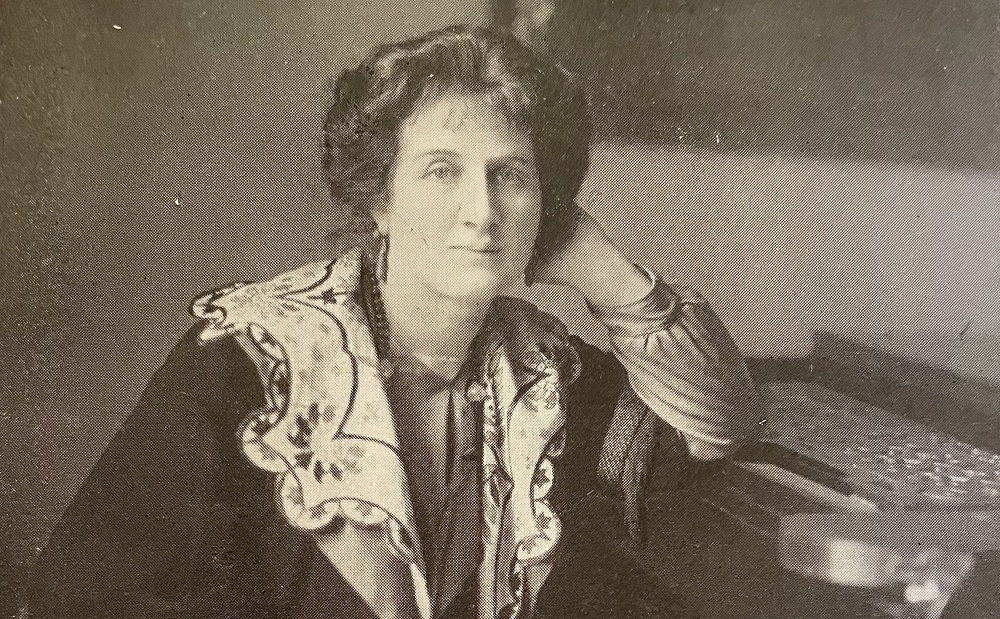
Two members of the WSF Team explore the context and power of Liza Lehmann’s “Evensong.”
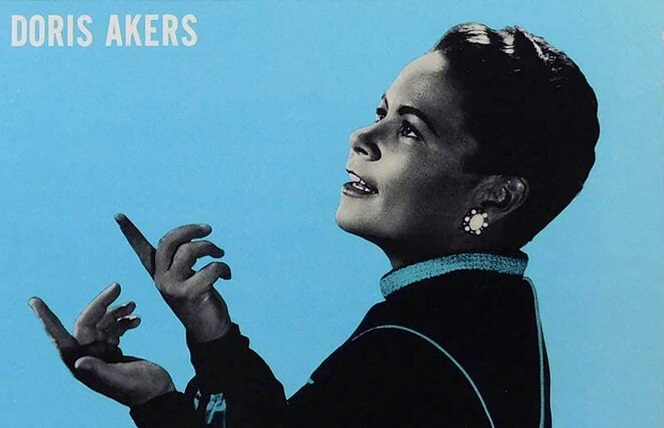
Doris Akers was one of Black gospel’s most prolific composers. This is a cross-racial account of her most famous song, “Sweet, Sweet Spirit.”
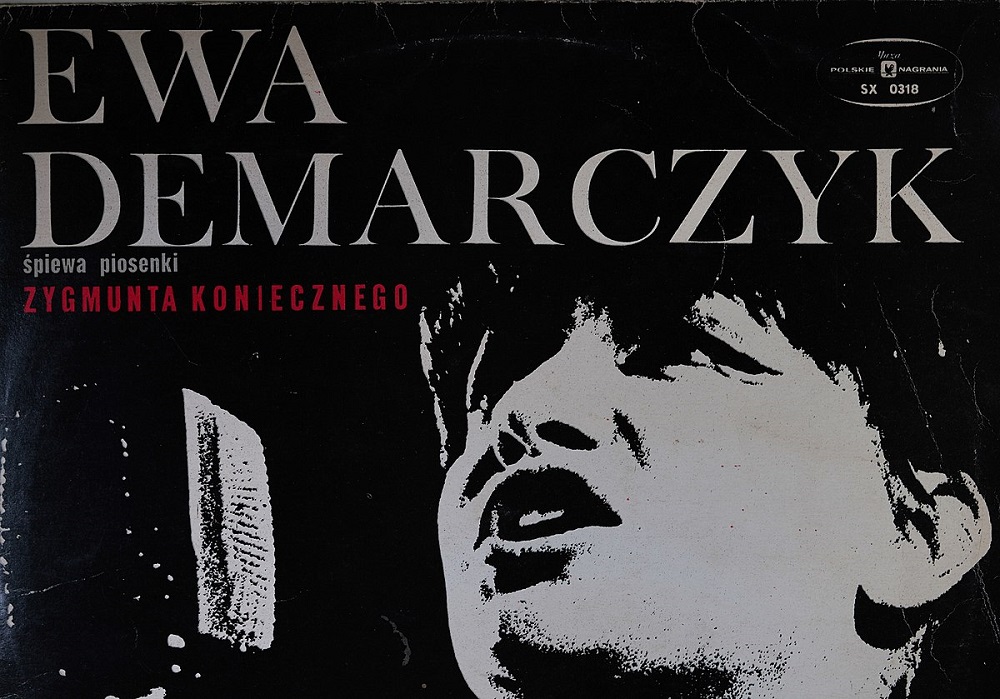
Eva Stachniak memorializes Ewa Demarczyk, a legend of her time. No one sang like her. Not in Poland, not in the world.
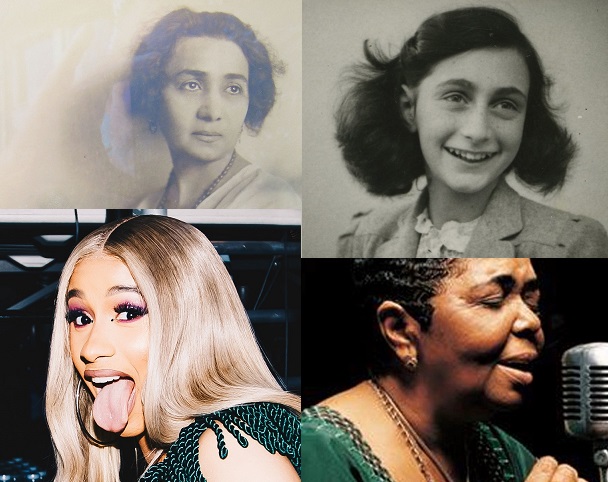
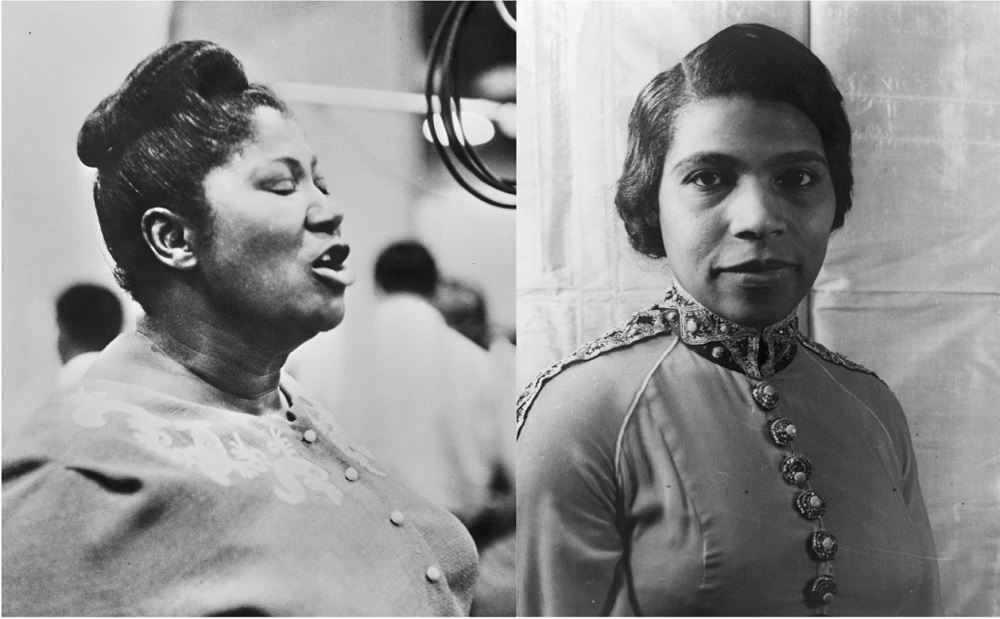
This month Stephen Rodgers is guest host for Thomas Hampson’s weekly program, Song and Beyond. Here are two conversations with members of the WSF team.